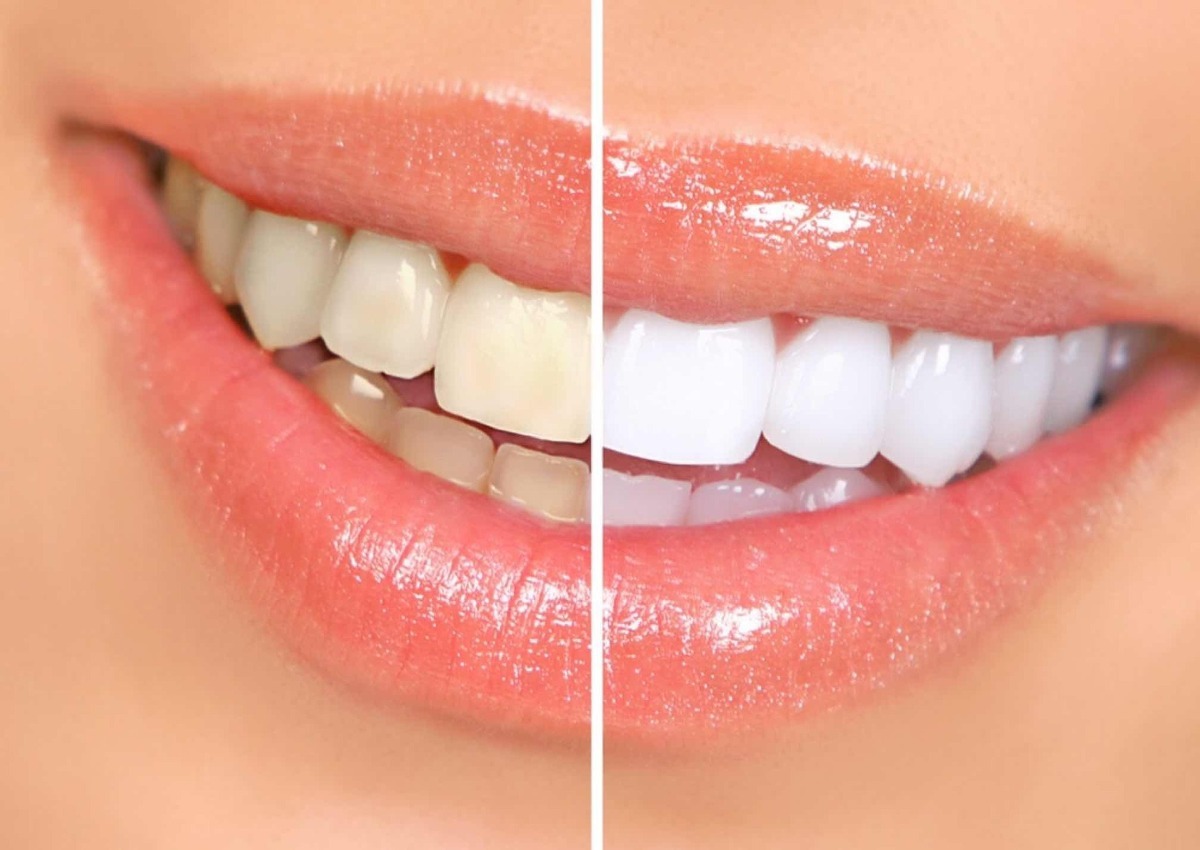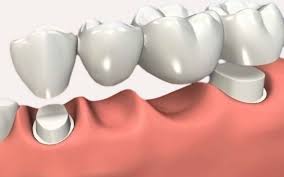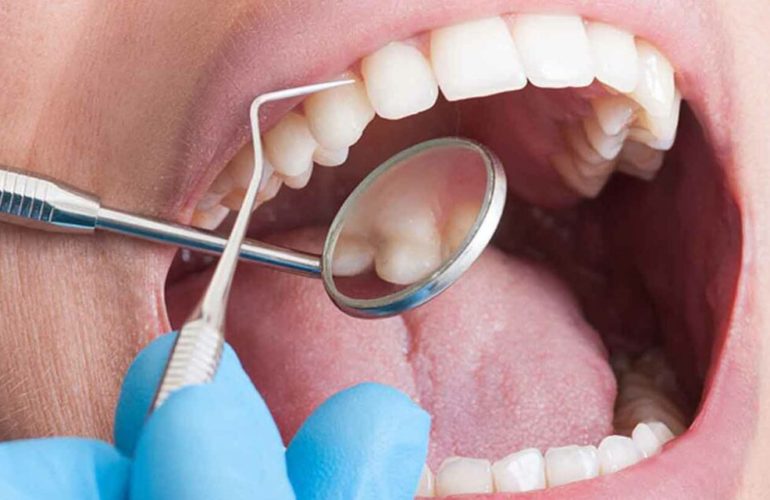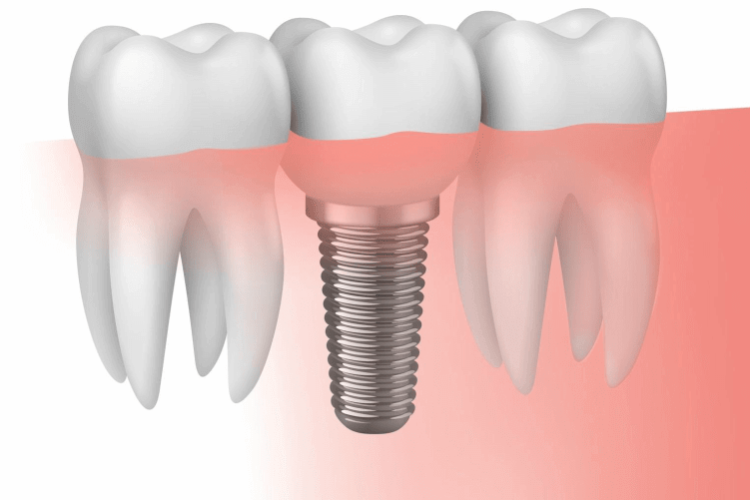Teeth whitening
Brushing and flossing are everyday ways to keep your teeth radiant, white, and healthy. However, if you think that your smile lacks sparkle, are you thinking about whitening your teeth? Review the data first. These are five of the most frequently asked questions about the process.
Why have my teeth changed color?
Over time, your teeth can go from white to a duller shade for several reasons:
Food and Drink
Coffee, tea and red wine are some of the main culprits. What do they have in common? Intense colored pigments called chromogens that stick to the white, outer part of the teeth (enamel).
Tobacco use
Two chemicals in tobacco stubbornly stain: tar and nicotine. The tar is naturally dark. The nicotine is colorless until it mixes with oxygen, then turns yellow and stains the surfaces.
Age
Under the white, hard outer layer of your teeth (enamel) there is a softer area called dentin. Over time, this outer enamel layer becomes thinner with brushing and the yellowish dentin is exposed.
Trauma
If your mouth has been hit, your tooth may change color because it reacts to injury by building more dentin, which is a darker layer under the enamel.
Medications
Darkening may be a side effect of antihistamines, antipsychotics, or blood pressure medications. Young children exposed to antibiotics such as tetracycline and doxycillin when their teeth are forming (in the womb or in babies) may experience permanent tooth discoloration later in life. Chemotherapy and radiation to the neck and head can also darken teeth.
How does teeth whitening work?
Teeth whitening is a simple process. Bleaching products that contain one of the two dental bleaching agents (hydrogen peroxide or carbamide peroxide). These whiteners break stains into smaller pieces, making the color less concentrated and your teeth brighter.
Does whitening work on all teeth?
No, so it is important that you speak to your dentist before deciding to whiten your teeth, as whiteners may not correct all types of discoloration. For example, yellow teeth are likely to clear up well, brown teeth may not respond as well, and teeth with gray shades may not light at all. The bleach does not work on sleeves, veneers, crowns or fillings. It is also not effective if the cause of the discoloration is medication or a dental injury
Does teeth whitening have side effects?
Some people who use bleach may experience tooth sensitivity. This occurs when peroxide from the bleach enters through the enamel into the soft layer of dentin and irritates the nerve of your tooth. In most cases the sensitivity is temporary. You can delay treatment, then try again.




